BMW Hydrogen 7
-
Contenuti simili
-
BMW Serie 2 Gran Coupé 2024
Pubblicato da MotorPassion,
- gran ccoupé
- serie 2 gran coupé
- (e 4 altri in più)
- 9 risposte
- 1173 visite
-
- 30 risposte
- 2519 visite
-
BMW M5 Touring 2025 - Prj. G99 (Leak) 1 2 3 4 18
Pubblicato da Cole_90,
- bmw m5 g90
- bmw
- (e 4 altri in più)
- 179 risposte
- 33257 visite
-
-
-


.thumb.jpg.d20c5008a881490f9c7f843d442a34f8.jpg)
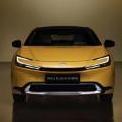



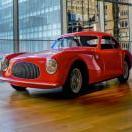
.thumb.jpg.902d2a4f20a129e92b6f6920407b81bd.jpg)

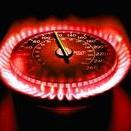



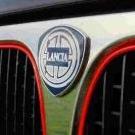


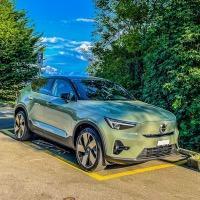






Messaggi Raccomandati:
Crea un account o accedi per lasciare un commento
Devi essere iscritto per commentare e visualizzare le sezioni protette!
Crea un account
Iscriviti nella nostra community. È facile!
Registra un nuovo accountAccedi
Sei già registrato? Accedi qui.
Accedi Ora